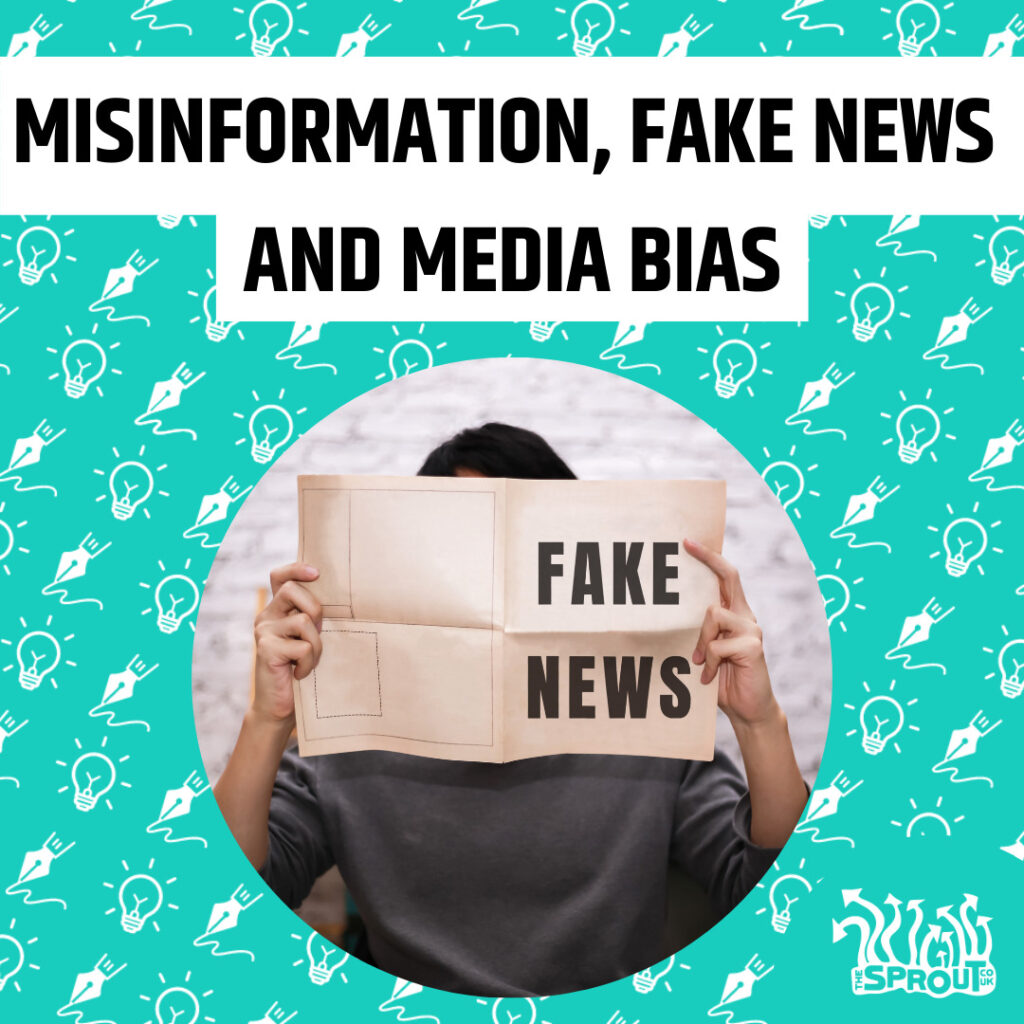Consuming interesting yet incorrect information is something that has affected everyone who uses the internet, whether they know it or not. In this blog, I’m going to explain some forms of misinformation online that could affect you and the people that you care about.
Examples of misinformation, fake news and clickbait
To start with, I’ll use a personal example of how fake news has affected me. It involves a series that I really enjoy and am involved in the community of, JoJo’s Bizarre Adventure. If you didn’t know already, the anime adaptation is thought to announce the fifth season ‘Stone Ocean’ on April 4th at the Joestar Inherited Soul event. The seasons manga didn’t do too well in Japan (despite my own affection for it) and because of this, people have been spreading “stone ocean never” or “part 6 never” propaganda via social media. This caused many people in the JoJo’s Circle fandom to be disappointed, so they started to send emotional emails to the production company, David Productions, asking why the season wasn’t going ahead and pleading for a change of heart. David Productions consequently announced that they never said that they weren’t going to make part 6 – it was fake news!
Let’s take a look at another mainstream example. Dr. Joseph Mercola is a doctor of osteopathy who has frequently been targeted by the Food and Drug Administration (FDA) for promoting false, misleading and even dangerous medical advice. His website and blog promotes products and includes false and misleading information about medical topics such as food viruses and technology. Understandably, this can be very dangerous to the public who access the site for information and take what is written as fact.
Additionally, parodies and ‘abridged’ videos are causing mayhem when it comes to misinformation, fake news and clickbait. These are videos that remove the audio from an original clip and replace it with a completely different audio. These are often created for fun to have a comedic effect; however, these can be offensive and sometimes dangerous by spreading fake news. Sometimes abridged videos can suggest that celebrities like Kim Kardashian or politicians like Boris Johnson say something that can taint their reputation and position them in a bad light.
How can I deal with fake news?
Misinformation is proof that we really shouldn’t trust everything we hear. It may seem like an unavoidable issue, however, fact-checking what you read, see or listen to is a great way to ensure what you consume is correct and factual. You can fact check by reading multiple credible sources simply by looking on search engines such as Google.
This article was written and submitted by Dylan via Cardiff Youth Service.

